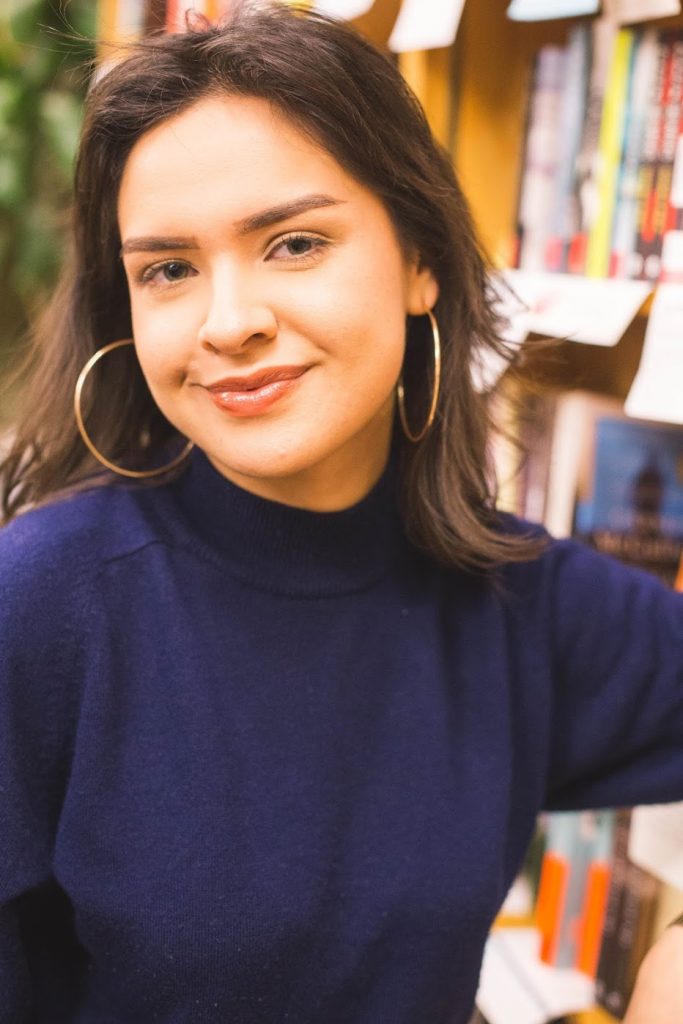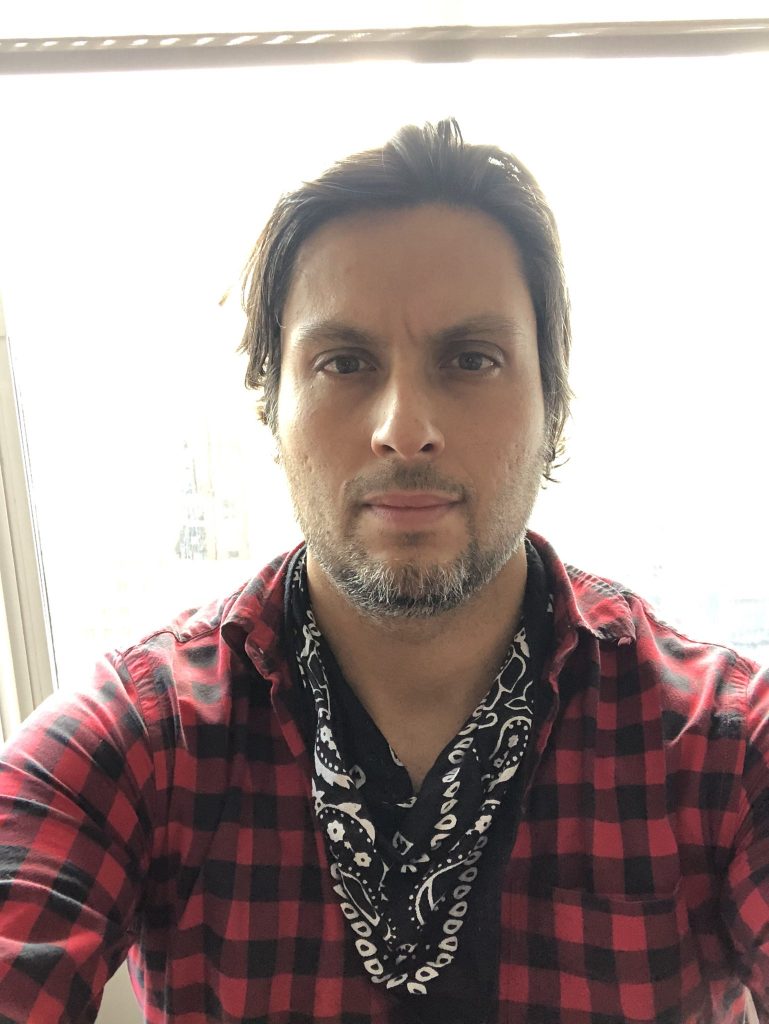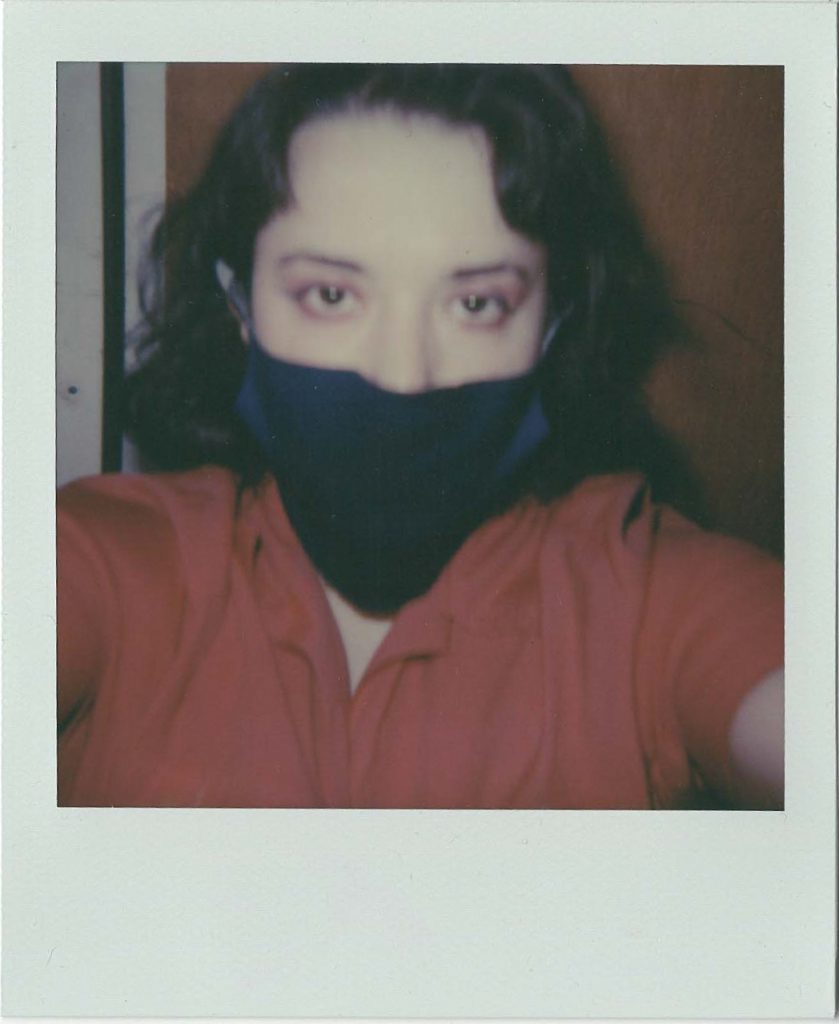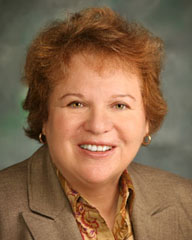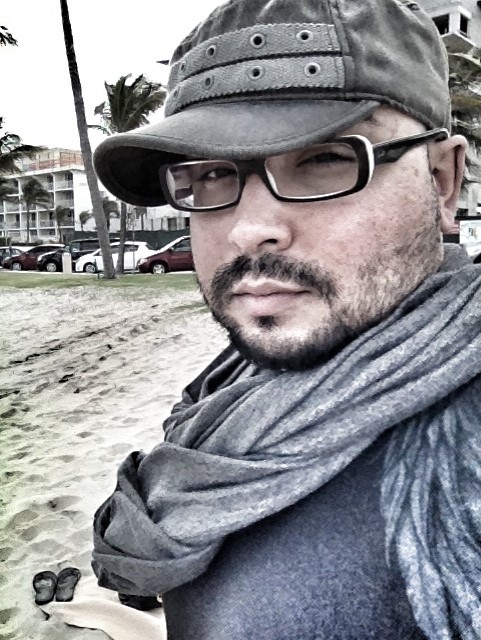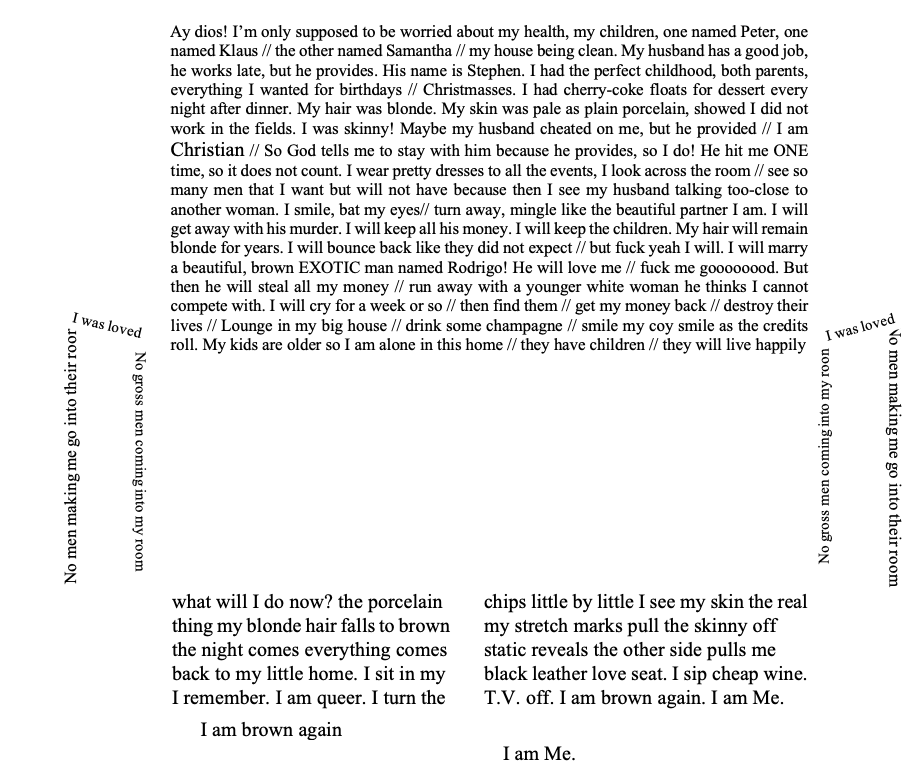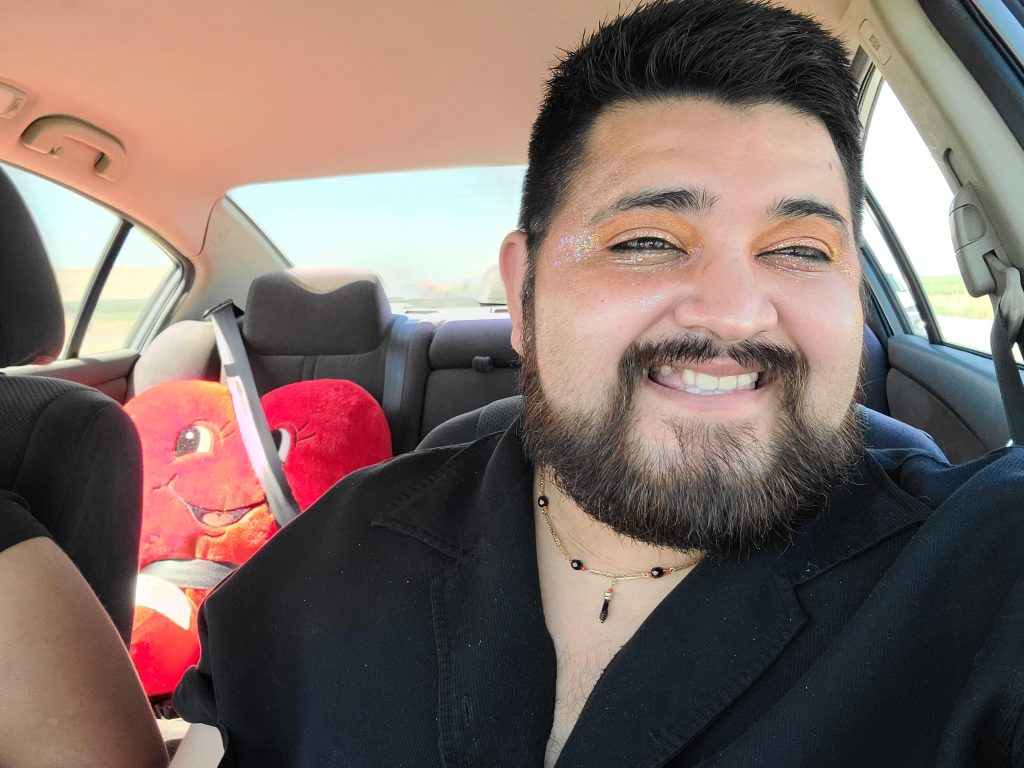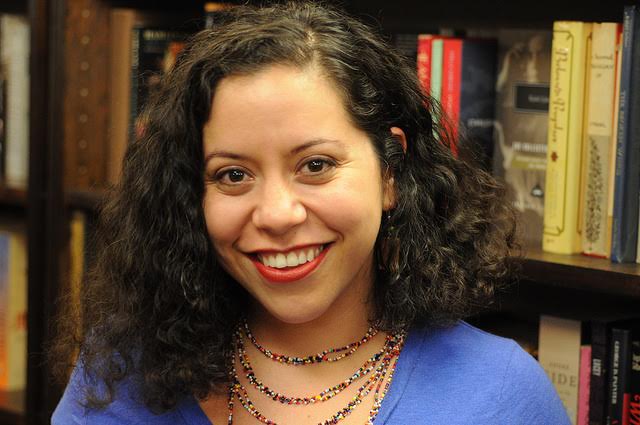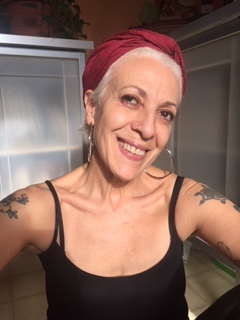By Zulma Ortiz-Fuentes
My name is Margarita. In Spanish it means daisy. The name is just right for me because daisies have long spindly stems for legs and big wide eyes like I do. Also, my face is surrounded by unruly hair similar to the wavy petals of a margarita. Margarita was my father’s choice. The name of a favorite cousin. The maid of honor at his and Mami’s wedding.
I think my given name is beautiful,
but along the way I’ve picked-up several nicknames that are not as pretty. This
is what happens when you are from Puerto Rico. Let me explain. In Puerto Rico,
if you’re a little different from everyone else, you come to be known by that
difference. Take my cousin Victor, for example. He was born with one leg
shorter than the other. His apodo is El Cojo since he walks with an uneven
step, rocking from side to side as if he’s had too many shots of rum. And Uncle
Moncho’s wife is called La Bizca instead of Rosario because one of her eyes likes
to chase the other instead of behaving and looking straight out at the world.
Then there’s the man behind the counter at the colmado where I buy candy. His
nickname is El Gago. Wordsstumble
trying to get out of his mouth; they hesitate on his tongue, trip and bump into
each other, like they’re afraid to come out.
As for me, I have more than one
nickname. I gather apodos the same way pesky burs attach themselves to my
clothes whenever I trample careless through the uncut pasture by my abuela’s
house. The names hurt the same way burs do whenever I attempt to pull them off
my clothes—a needle sharp prick to my heart and my fingers.
One of my apodos is La Mellá. It means girl without teeth. Most of my teeth were pulled out when I was four. I lived in Texas then with my family. I didn’t realize what was going to happen the day my father put me in his big pink car, the one with silver tail fins in the back. It was a warm, honeysuckle smelling afternoon when he drove me to the Army hospital where soldiers and their families went when sick. I wasn’t sick—just my teeth hurt sometimes.
At the hospital, Papi said, “I’ll come get you tomorrow. Behave and listen to the nurses.” Then he left. I didn’t mind him going away since I’m afraid of Papi most of the time. Besides, I was excited to sleep away from home, free from my annoying little brothers.
A nurse with golden hair and sky-blue eyes helped me change into the soft pajamas she pulled like treasure from the bag Mami handed Papi as we left the house. The beautiful lady in white admired the pajamas’ grey and pink pattern of parading baby elephants.
“Aren’t they cute,” she said.
Mami thinks elephants are lucky
animals, but only if their noses point up. And that’s what mine were doing,
prancing around my pajamas, their curly trunks tossed up as though in celebration.
After I got into my pajamas, the nurse fed me toast and applesauce. Then settled me in a bed all by myself. She told me not to worry. I said I wasn’t worried. I wasn’t because the room felt magical. It had tall sparkly windows and two other beds covered in tight, bright white sheets. When the pretty nurse left, I pretended to be on a grand adventure with elephants as my guides. I imagined the other empty beds were a mountain and a hill in a far-away land filled with hidden treasure.
Just as I became tired and thirsty from my adventures, the nurse returned to offer me a paper cup filled with a sweet liquid. She didn’t tell me what it was, just said to drink it all up. Which I did. Then she said sleep tight and put out the light. It seemed like a switch also got flipped inside my head, because that night I didn’t have any bad dreams.
Next morning, I struggled to wake up, reluctant to come out of the deep dark place I’d gone to. I sensed ripples of pain pacing restlessly just above the surface, waiting for me to arrive. Once fully conscious, I didn’t understand why blood drooled from my mouth, why most of my teeth were missing, why my gums throbbed with pain. I’d gone to sleep one way, and woken up another.
“¿Por qué?” I kept asking throughout the morning between hiccupping sobs, no longer thrilled with my room or my lucky pajamas.
“¿Por qué?”
But the nurses were too busy to
answer.
“Your baby teeth were rotten,” Mami said when I returned home that afternoon, still in tears, feeling betrayed by everyone—Papi, Mami, and the nurse.
“That’s for not drinking your milk,” Mami scolds.
“But how am I going to eat without my teeth?” I wail back.
*****
Right after my teeth were taken out, Papi returns us to Puerto Rico. He’s a soldier in the United States Army and sometimes has to go places without a wife and so many children. We stay in the mountains with Mami’s family. But as soon as we arrive, her two brothers begin to tease me about my missing teeth; they call me La Mellá and say I look like a viejita. Which is true because when I smile into the mirror in TíaRosalía’s room, a little girl looks back with an old woman’s toothless mouth. In fact, I resemble my great-grandmother Carmela when she removes her teeth at night before sleep and puts them in a cup of water. Her face suddenly collapses into itself, and she looks vieja, vieja, like she’s one hundred years old.
It’s hard to eat without teeth. That’s why Mami’s mother, Abuela María, boils green bananas and other verduras for me, and mashes them up until they are mushy like baby food. But sometimes, I like to eat hard-to-chew food. And end up in trouble. Like the day a bone got stuck in my throat after I ate a salty piece of bacalao. Mami attempted to fish the bone out with a finger while exclaiming, “Help her, San Blás!” But the santo must have been busy that day saving other children who were choking worse than me, because the bone never came out. Instead, it went down. For a while I worried about that bone inside my body—Would it pierce my stomach? Was it stuck in my intestines? Would it come out the other end?
At school some of my classmates, the mean ones, also call me La Mellá. But I don’t care that much because I love school. I’m more bothered by having to use the school outhouse, the one boys and girls have to share because the girl letrina caved into its hole. Some of the daredevil boys play on the tilted roof of the half-submerged hut during recess. I predict that one day, the letrina will finish collapsing into the mysterious opening below it, and take the boys along. Letrinas are so disgusting. I hold my pee until I get home after school, even though Abuela also has a letrina. We had a really nice bathroom with a proper toilet when we lived in Texas. I really miss that toilet.
I almost earn an additional nickname one day in school after dismissal. It was raining so hard we couldn’t go home. I waited with the other second graders inside the classroom for the rain to stop. We stood looking out the open door, hypnotized by the thousands of hard silver drops falling with an angry roar that sounded like the end of the world. As usual, I’d avoided the letrina. But the sound of the rain and the angry rush of water sweeping down the road was too much for me. When the warm streams of pee began to wander down my legs, I froze like a statue. The pee flowed freely and seemed to go on forever. When the trickles finally stopped, I carefully inched away from the little puddles on the floor, pretending they were charquitos made by the water dripping from the leaky school roof. I was terrified one of my schoolmates would realize the truth, laugh, and then call me La Meona. Back home, Mami scolded. Said a manganzona like me should not be wetting herself like a baby.
I also get called La Patilarga on account of my long skinny legs. This name is not so bad. I pay it no mind, anyway, since my patas largas help me run swift like a gazelle. But sometimes I run too fast. Then my feet get tangled up, and I fly headlong onto the newly laid gravel meant to make it easier for cars to travel on the mountain road where I like to run. This happens so often that Mami just shakes her head when I come home in tears, pieces of skin dangling like ornaments from bloody palms and knees.
Despite scabby knees and scraped
palms, and Mami’s exasperated huffs, I keep running on the gravel-strewn road;
it’s the best spot to play since everywhere else is hilly and uneven. Besides,
there are hardly any cars in the mountains, the heart center of Puerto Rico.
According to my teacher, Miss Rivera, a powerful Taíno cacique named Orocovix
once ruled this area. That is, until Colón and the Spaniards arrived to kill or
enslave most of the Taínos. That’s what Miss Rivera told us. Some days I
pretend to be a Taína running and playing on the tree-lined road where green
vines dangle like snakes from thick branches. My friends and I pull the sturdy
bejucos down with sharp tugs and strip the leaves to make jump ropes. Just like
Taíno children must have done in the times of Orocovix, we play right in the
middle of the road. Our long legs going faster and faster as we chant: “pa’
arriba, pa’ bajo; pal’ centro y pa’ dentro.” And wouldn’t you know it, my patas
largas are also good for jumping rope.
Some adults también call me La Ojona; say my eyes resemble those of a vaca cagona. Yet when I examine Abuela’s vaca, the one that gives the warm but nasty-tasting milk I’m offered at breakfast, I notice that, yes, she has big brown eyes. But the rest of the name—vaca cagona—is about a cow that shits a lot. How is that me? I wonder. Since I try to hold that in, as well, to cut the time spent in la letrina.
I’m La Mellá, La Patilarga, La Ojona—defined by mouth, legs, and eyes. No one mentions what a smart six-year-old girl I am. That soon I’ll be entering third grade. That I can read and write in Spanish, and know some English, too. When Papi gets drunk, he likes to boast that people called me La Pulga Amaestrada when I was two because I talked so much, like a cotorra, he says. But I don’t think being called a smart flea and a parrot is anything to brag about.
My name is Margarita. Like the flower. And like a wide-eyed daisy, I keep reaching eagerly towards the sun. I don’t like those other names, they are not mine, but there is nothing to be done about them for now. In my world, no one pays attention to what a toothless, long-leggedniña with big brown eyes has to say. Someday, though, when I am old enough to insist on being called by my given name, everyone will listen. Margarita. My name is Margarita.
Zulma Ortiz-Fuentes is a Puerto Rican writer living in Brooklyn, NY. She holds degrees from the University of Puerto Rico, New York University, and The New School. She is a former Emerging Writer Fellow at The Center for Fiction, and was short-listed for the 2019 Elizabeth Nunez Caribbean-American Writer’s Award. Her fiction has appeared in The Prose Project, Writer’s Digest, bosque magazine, and Boricua En La Luna: An Anthology of Puerto Rican Voices.
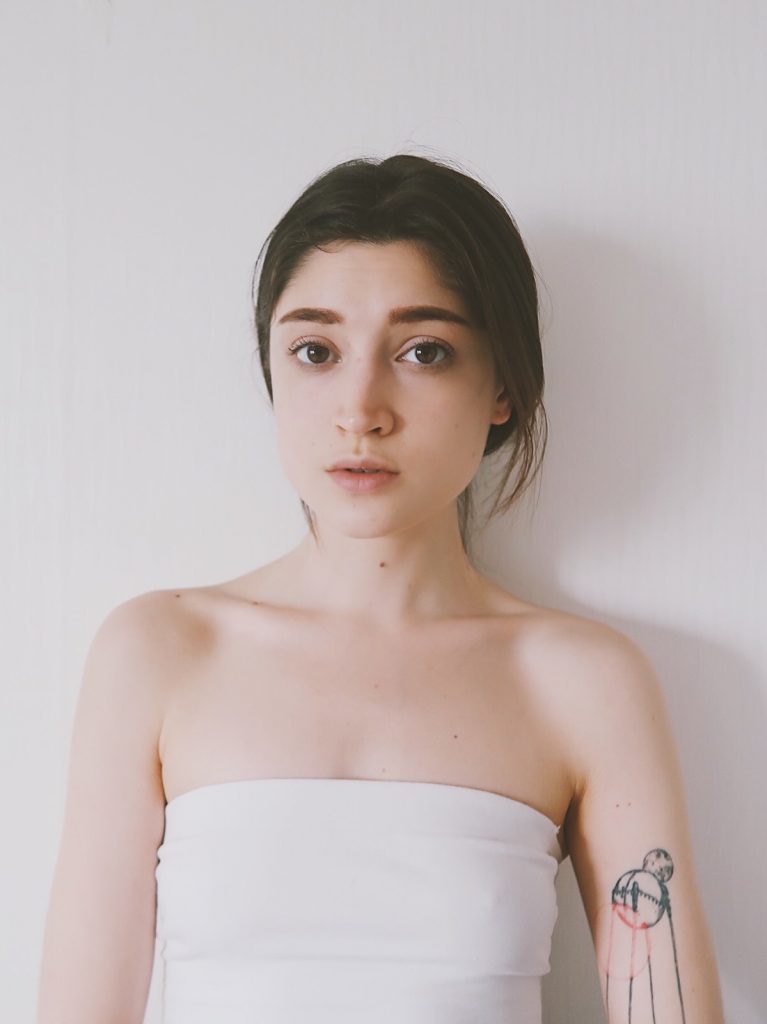
![[PANK]](https://pankmagazine.com/wp-content/themes/pank/assets/images/pank-logo-large.png)

